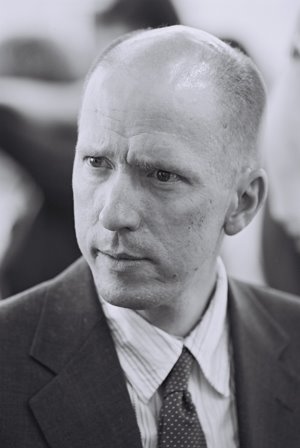"What I really liked about economics was that it provided a rigorous, analytical way of thinking about issues that have a great impact on people's lives. Economics is a subject that really related to core aspects of human well-being, and there's a methodology for thinking about these things. This was a very appealing combination to me."
I can relate to that. Coming out of Swarthmore, I wanted to do good and Larry Westphal's class convinced me that there were ways of thinking about economic development and international trade that could lead to better outcomes for countries like Brazil, where I had lived. Simultaneously, Bernie Saffron's micro seminar gave me this set of intellectual keys that seemed able to open the locks of so many doors of economic phenomena. Instead of just BSing, as non-economists seemed to do, one could think analytically and truly understand what's going on. This is the lure of what the physicist Richard Feynman referred to as "the pleasure of finding things out" (in a book title) but I rephrase as the deep curiosity to "figure out how the world works." In the end I don't think I've done much of anything that has a "great impact on people's lives." But I've studied trade and foreign investment and I think those phenomena do have major impacts so understanding them better is important and will ultimately benefit people.
